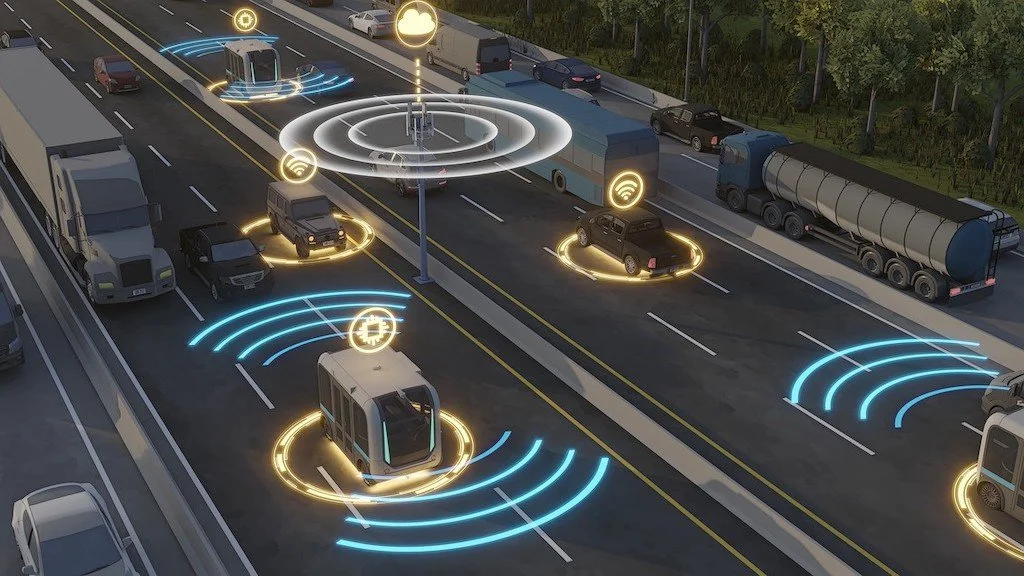Partnership aims to boost technology-enabled transport infrastructure
Assembly Intelligence, an affiliate of mobility fund Assembly Ventures, has announced a new partnership with Ferrovial-owned Cintra to accelerate the development and deployment of technology-enabled transportation infrastructure.
Through the agreement, Cintra, one of the largest private global developers and operators of transport-related infrastructure, will work with Assembly Intelligence to engage key sector leaders to explore the future of technology transformation in vehicle connectivity, safety, and sustainability.
“Continuing to build transportation infrastructure the way we have for decades is a lost cause,” said Chris Thomas, Co-Founder & Partner of Assembly Intelligence. “The future of mobility will emerge around the next generation of infrastructure, systems, and applications. We are incredibly excited to kick off this partnership with Cintra both for their focus on the future of technology-enabled infrastructure as well as for the opportunity to work together alongside a firm with a truly global reach.”
“As the leading global developer and operator of highway infrastructure, we must build with an eye toward future innovation,” said Ricardo Sanchez, Global Head of Technical Services and Innovation at Cintra. “Collaborating with industry leaders is key to developing innovative mobility solutions that create a more connected, safer, and sustainable mobility for all. Industry partnerships are critical for sharing and exchanging knowledge, experiences, and ideas.”
He added, “Imagine improving fluidity, connectivity, and safety through smart highways, AVs, and other forms of transport, without the constant need for new roadway capacity. In that case, there are positive implications for wellbeing, the environment, taxes, and investment—and who doesn’t want that?”
Coinciding with the Cintra partnership announcement, Assembly has released a white paper “Mobility 4.0: Making Sense of a Sector in Transformation.” This explores how transformation driven by connectivity and digitalisation will enable transportation systems to evolve and integrate a greater variety of modes that optimize individual needs. Through a three-layered framework called “ISA” the paper examines how new connections between infrastructure, systems, and customer facing applications can bridge current physical and digital connections in transportation systems. A downloadable version of “Mobility 4.0” can be accessed here.


